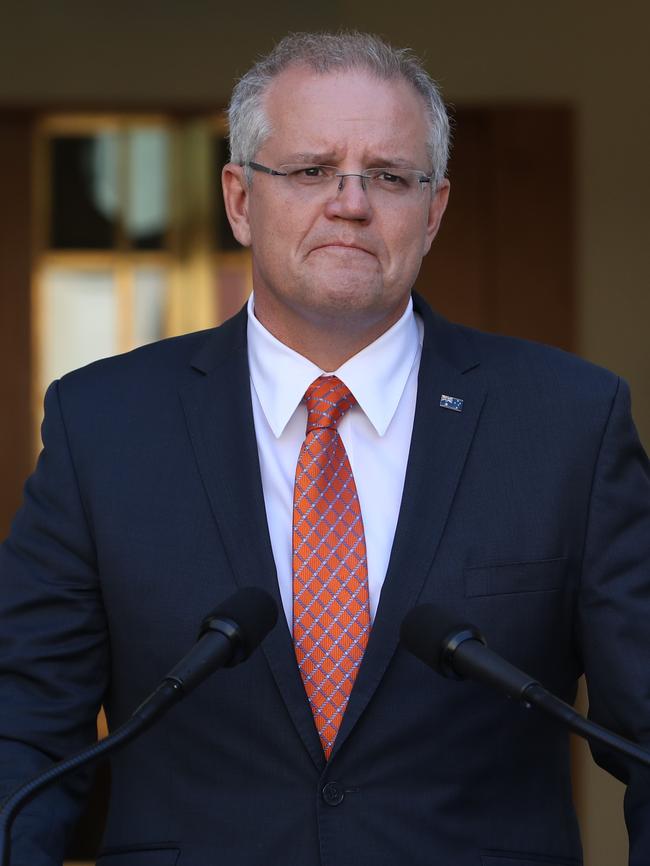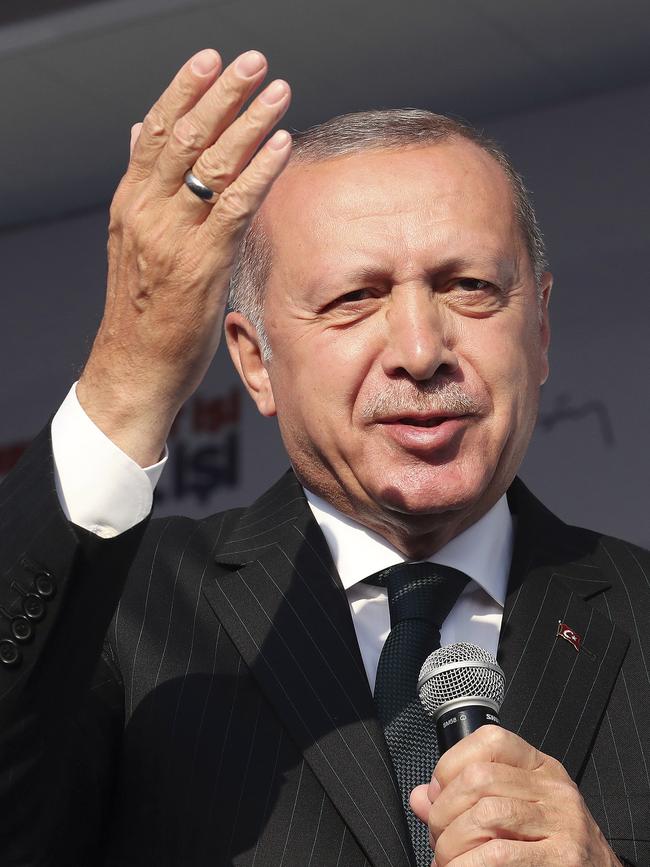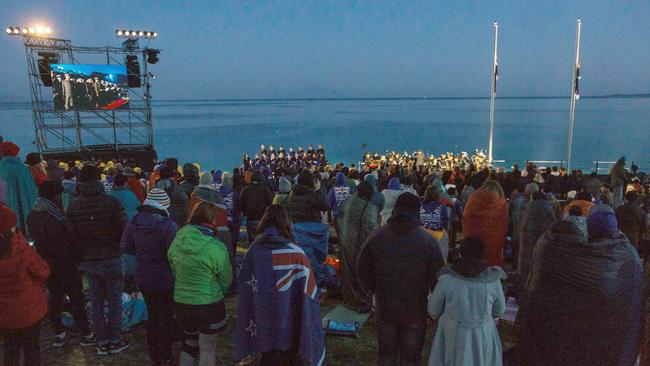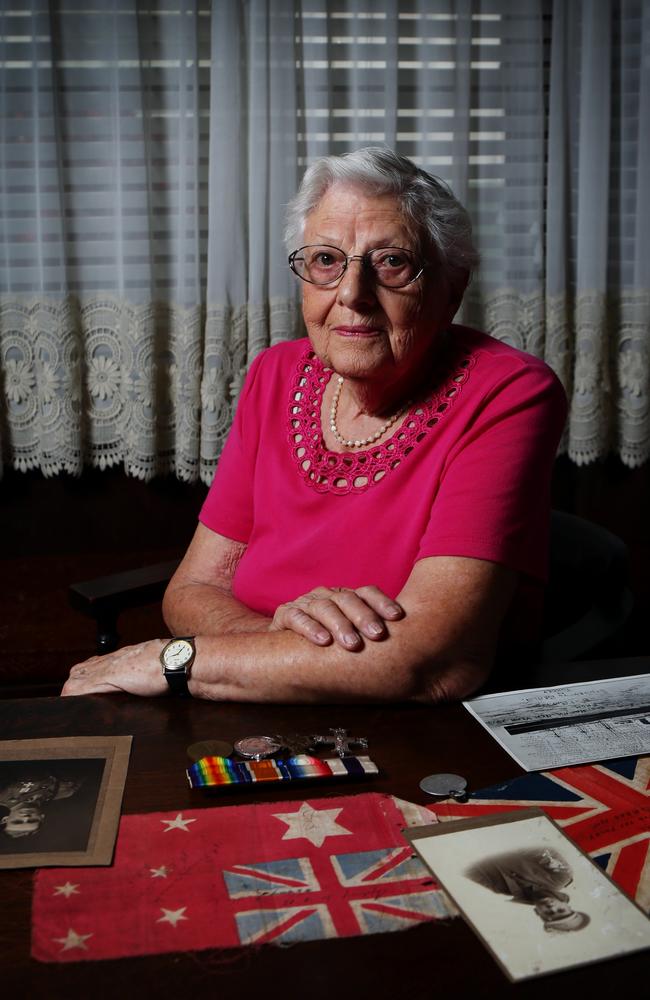Travel advice reviewed for Australian’s heading to Gallipoli for Anzac Day
Foreign Minister Marise Payne has held a telephone conversation with her Turkish counterpart in the wake of “deeply offensive” and “insulting” threats to Australians visiting Gallipoli.
Foreign Minister Marise Payne has held a telephone conversation with her Turkish counterpart in the wake of “deeply offensive” and “insulting” threats to Australians visiting Gallipoli.
Senator Payne spoke to Turkish Foreign Minister Mevlut Cavusoglu late last night where she was understood to have made representations about the response Australia was seeking after president Recep Tayyip Erdogan sparked a diplomatic row earlier this week.
Neither the Australian government or Turkish Foreign Ministry officials have provided any further details about the call but Senator Payne was expected to release a statement later today.
In an opinion piece published in The Washington Post on Wednesday, Mr Erdogan said the attacker in New Zealand was no different from the Islamic State group.
He also called on Western leaders to learn from “the courage, leadership and sincerity” of New Zealand’s Prime Minister Jacinda Ardern and “embrace Muslims living in their respective countries.”


MORE NEWS
DWTS judge’s advice: ‘Keep it in your pants’
Uni’s push to give plants, animals legal rights
Magistrate gives evidence at trial for alleged sex offences
Overnight, Australia began reviewing its travel advice for tourists planning to visit Gallipoli for Anzac Day.
The diplomatic row was sparked by Mr Erdogan’s claim that diggers fought in Gallipoli for “anti-Islam” reasons and that Australians visiting Gallipoli would “return in caskets like their grandparents” if they had an “anti-Muslim” sentiment.
An angry Prime Minister Scott Morrison summoned Turkish ambassador Korhan Karakoç to Parliament House on Wednesday over the issue and said he did not “accept the excuses that have been offered for those comments”.
“Remarks have been made by the Turkish President Erdogan that I consider highly offensive to Australians, and highly reckless in this very sensitive environment,” Mr Morrison said. “They are offensive because they insult the memory of our Anzacs and they violate the pledge that is etched in the stone at Gallipoli, of the promise of Ataturk to the mothers of other Anzacs. I am expecting, and I have asked for, these comments to be clarified, to be withdrawn.”

In his speech Mr Erdogan criticised New Zealand and Australia for sending troops to Turkey in the World War I Gallipoli campaign, claiming their motive was anti-Islam-oriented.
“What business did you have here? We had no issues with you, why did you come all the way over here?” he said.
“The only reason, we’re Muslim and they’re Christian.”
He also repeatedly showed extracts of the Christchurch massacre video, citing “rising hatred and prejudice against Islam”.

Parliamentary secretary to the Minister for Defence, Darren Chester said on Wednesday night the government was closely monitoring the security situation in Turkey and “regards the safety of Australians who plan to visit the Gallipoli Peninsula as its highest priority”.
“Higher security levels apply in some parts of the country because of the high threat of terrorist attack and the Prime Minister has asked that this advice is reviewed in light of recent developments,’’ he said.
One of the few remaining World War I veteran’s widows, Ruth Littler, 95, warned that Australia needs to “step very carefully and be diplomatic” in the row between the two countries, to “avoid World War III”.
But she added: “I think I’d give the travel (to Turkey) a miss at the moment.”


